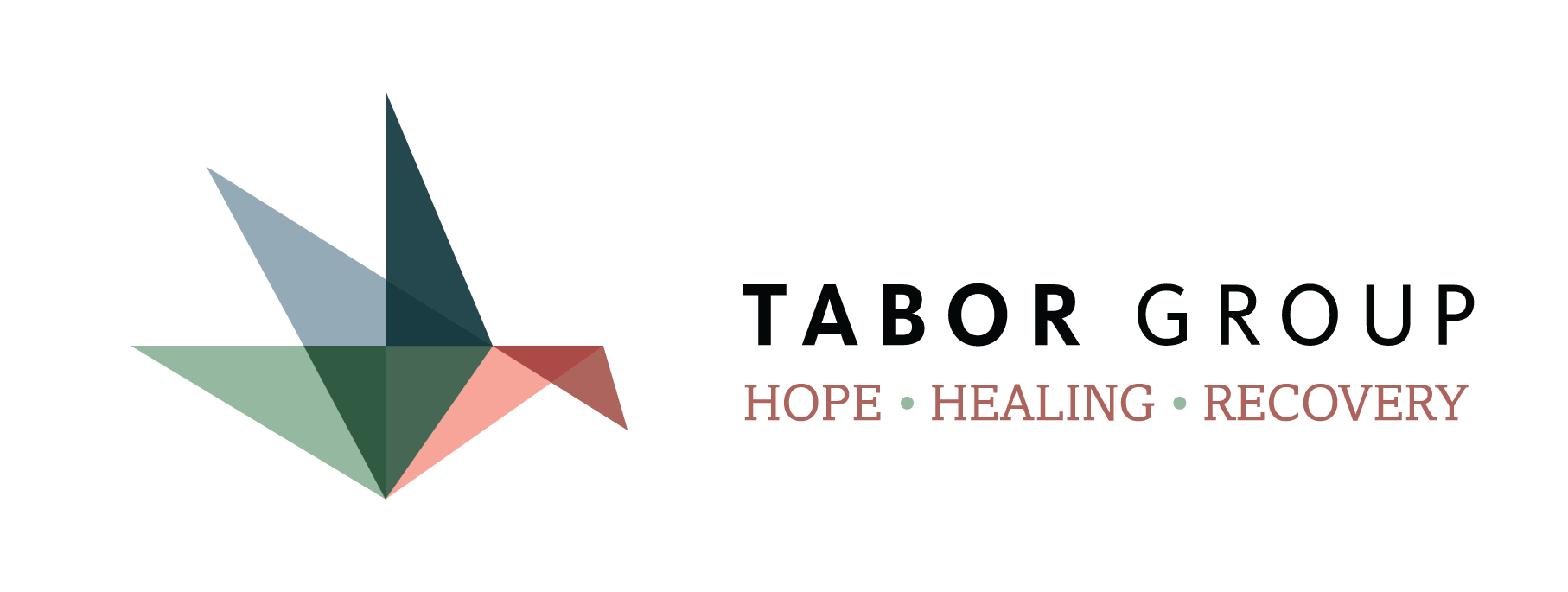This blog does not intend to place the needs of men over women. It is accepted that Men have benefited from a patriarchal dividend of hegemonic masculinities, (Connell, 2003). However, this perceived advantage cannot overshadow the myriad of ways that social conditioning influences their poorer health outcomes.
Tabor Group treat both Men and Women for substance use disorders. At assessment little emphasis is placed on gender differences, the emphasis is on eliciting from the individual their desire for change in relation to their use of addictive substances or compulsive behaviours, and the steps they are willing to take to care for themselves.
It is recognised that the basis or genesis of the addiction may be different for each gender. At Tabor Group it is also recognised that men are not a homogeneous group. Men that present for treatment may be gay men, heterosexual men, wealthy or disadvantaged men. They may be single men, married men, divorced or separated men. They may be professional men, skilled men, or unemployed men. They may be members of the travelling community or non-Irish nationals. They may have had prison sentences or were reared in care homes. Most have known a family and therefore are brothers or sons. They may be fathers or be expecting to become fathers. They may be estranged from their children, or only see them at weekends.
Men who I have spoken to recently relay the benefits that addiction treatment at Tabor Group has meant to them. One man said, ‘my adult son recently asked me will I look after his child, while he runs an errand’ the man was delighted at the trust that has grown between them, that his son could now trust him fully.
I met another young man in Tabor Lodge Primary Addiction Treatment, who told me his girlfriend was expecting a baby in the spring. We spoke about what that meant to him. He said he was progressing to secondary treatment because he wants to be a dad to that as yet unborn child. He wants to be present; he wants to be there for that child, he wants to support its growing up.
I recall another man felt moved that his brothers would write about how they experienced him when he was drinking; their honesty supported him to get honest with himself. Men return to their community, to their family, to their work. In treatment men address or begin to address the messages they received as children. Often these messages are gender stereotype or gender conditioning. Men should be strong, not show vulnerability, they should provide, not complain, work tirelessly, not show emotion and not cry. Tabor Group recognises that early childhood experiences often of a traumatic nature can contribute to addiction. The substance or behaviour is often used to bury the pain associated and as expressing that the pain exists at all is taboo, the addiction thrives. Treatment aims to with sensitivity, compassion, understanding and awareness support men to open up to their human nature, their humanity. As well as treating the addiction and the individual, families gain new possibilities, healing can happen this healing benefits all.
This is written in celebration of all the men, Fathers and Step Dads, Adoptive Dads, Uncles, Sons, Step Sons, Grandfathers, Nephews, Husbands and partners that live with addiction and for the men who support them, who care for them, who love them.
This blog was written by Paul Fearon, Tabor Group’s Continuing Care Coordinator.


